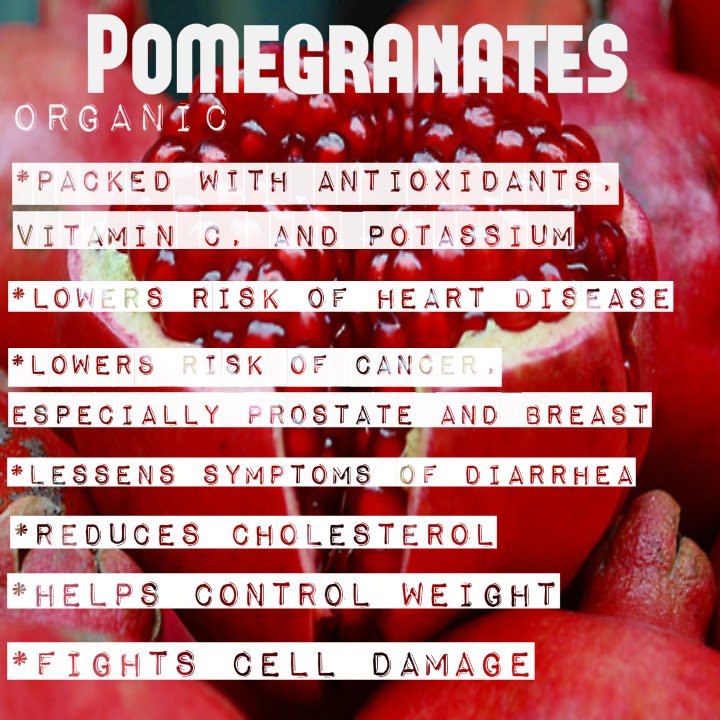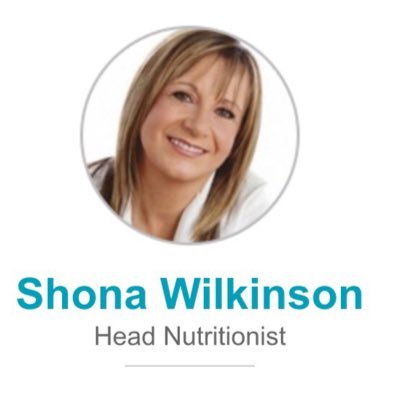One thing about ingredients that benefit the skin is they can sometimes be like pop stars. Latest sensations are often grabbing the headlines for their much-vaunted potential, but only a few precious ones are worthy of the acclaim while others simply vanish into obscurity.
Your thirst for novelty will never disappear, but you need to keep in mind that just because a snail slime or snake venom is the popular flavor of the month, it cannot just replace the age-old ingredients that you have in your arsenal.
Various skin experts feel that people assume whatever is new, is going to be better than what was already used. However, that is not the case. Of course, the older ingredients might not have sexy-sounding names; but it has the proven track record of nontoxicity, efficacy, and non-irritation. Plus, new formulations become more sophisticated and more of their astounding properties are researched. But there are still people sticking to the good old remedies and get better skin.
Active Ingredients
1) Niacinamide
The below infographic shows how Niacinamide is one of the most important vitamins that helps in making the skin softer and radiant.

The relationship between skin and vitamin B3 was recognized right from the early 1900s. Especially after people found that the dietary deficiency of vitamins leads to various skin diseases and even skin irritation. Fast-forward to the current century, after numerous extensive studies, it has come to the conclusion that niacinamide which is a form of vitamin B3 is one of the best and unique anti-ager.
Initially, most of the cosmetic companies used the niacinamide for preparing moisturizers. But with the popularity of various clinical studies and their results, this vitamin is found in almost all beauty products as it has built-in enzymes which help in fundamental cell metabolism.
2) Vitamin C – The Key To Collagen
Similar to the health benefits that food rich in vitamin C gives, this particular ingredient can make your skin resilient against the harsh environmental entities and even aging. Furthermore, in the infographic 14 Potent Vitamins for Younger and Healthier Skin – Fix Your Skin, it clearly states on how vitamin C helps in fighting off the effects of the existing damages on the skin due to aging or UV rays.
Using vitamin C in ascorbic acid form, you can reduce the damages caused by the sun as well as the inflammation of the skin. Furthermore, you can increase the amount of collagen that provides the underlying support structure for the skin.
Various studies have displayed that with the proper and adequate usage of vitamin C, you can drastically improve skin wrinkling, especially when used for 12 weeks. Furthermore, several types of research show that with the 5 percent usage of vitamin C cream for 6 months, you can reduce deep furrows and get significant improvement compared to untreated skin. Similar to the vitamin A, vitamin C products are quite unstable. So, it needs to be packed in such a way that it reduces the exposure to air and light.
3) Beta And Alpha Hydroxy Acids
AHAs(Alpha Hydroxy Acids) helps in exfoliating the rough and dull outer layer of the skin and keeps your face fresh looking. Sometimes you might be new to the AHAs like glycolic acid. So, it is better if you start with a low percentage like 5%. Another advantage of the AHA is that it is an excellent sunscreen that protects your skin from the harmful UV rays.
Just like the alpha hydroxy acid, the beta hydroxy acid (BHA) exfoliates the skin. However, unlike the AHAs, the BHAs will penetrate deep into the pores of your skin. This makes them ideal for treating blemishes and blackheads. Also, like the salicylic acid, the BHAs are gentler than AHAs and is the smart choice for treatment of sensitive skin.
(Alpha Hydroxy Acid)
4) Green Tea- Irreplaceable Antioxidant
A huge amount of polyphenols antioxidants is present in green tea leaves. The presence of EGCG which is one of the major polyphenols has shown that this plant is a real powerhouse which protects the skin from sun damage and suppresses the enzymes which breaks down the elastin and collagen. Plus, it helps in reducing inflammation, excessive sebum production, and bacterial growth present in the acne-prone skin.
(Green Tea For Skin)
Recently, various studies have shown that green tea has more far-reaching effects. Scientists found out that besides having the antioxidant portion of a molecule, it has something which works similar to a pro-oxidant. This tricks the skin cells into thinking that it is under oxidative stress. So, this switches the gene on and it regulates the antioxidant production of the cells, turning the cells into little factories, used for producing protective enzymes.
5) Hyaluronic Acid
It is common to think of exfoliation when you hear the word ‘acid’. However, concerning hyaluronic acid, it is different. It is a potential moisturizer having the unique property of holding more than thousand times of its own weight in water.
Now as the hyaluronic acid occurs naturally in the body, it has become the popular choice for cosmetic injectables. Also, there are studies which show that it can be a great ingredient for keeping the skin hydrated and plumped. You can even use it as a treatment for counteracting the effects of the radiation therapy among patients.
Final Verdict
The skincare treatment that you follow is incomplete without the presence of the active ingredients. These ingredients are the major forces that help in making your skin radiant and glowing. Also, as each people have different skin types, some ingredients might not give the required results or can backfire.
In such cases, it is better to play safe and consult a skin specialist before you start using cosmetic products filled with active ingredients.




